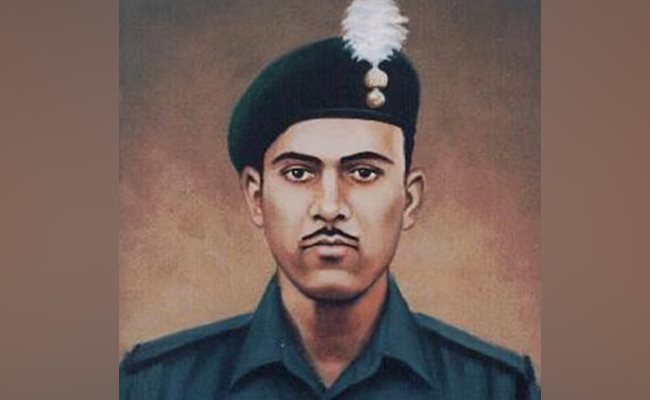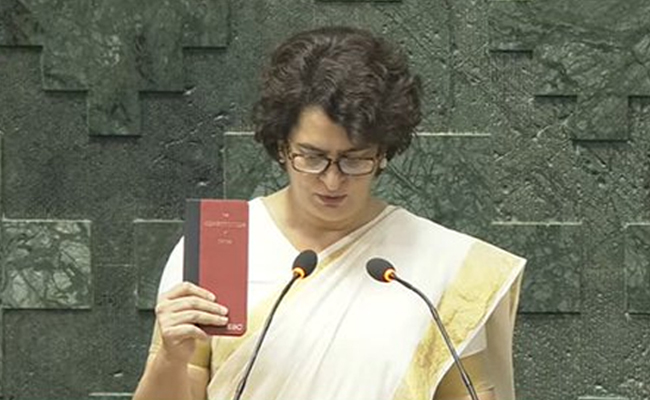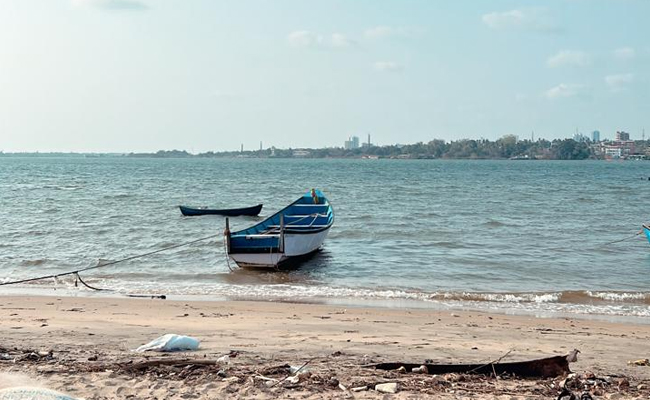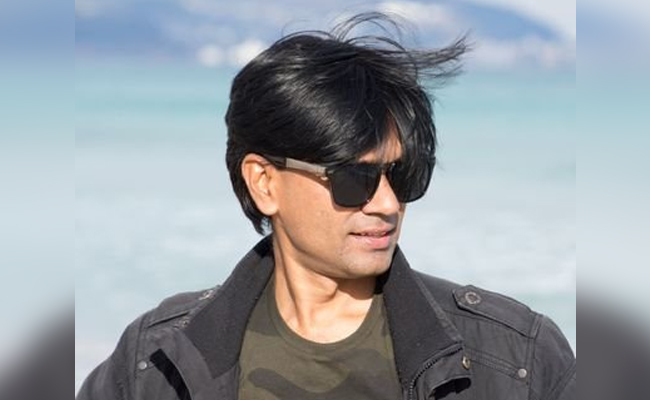New Delhi: The Ministry of Education (MoE) on September 20 announced that a poem titled ‘National War Memorial’ and a chapter titled ‘Veer Abdul Hameed’ have been included in the NCERT (National Council of Educational Research and Training) curriculum of Class 6 from this year.
This initiative, jointly undertaken by the Ministry of Defence and Ministry of Education, aims to promote values such as patriotism, duty, courage, and sacrifice among students, encouraging their participation in nation-building.
"The poem 'National War Memorial' is to appreciate the spirit behind it. The chapter titled 'Veer Abdul Hameed' honours the braveheart Abdul Hameed, who made the supreme sacrifice fighting for the country during the India-Pakistan war of 1965 and was (posthumously) awarded the country's highest gallantry award Param Veer Chakra,” a senior official told PTI.
As part of a comprehensive plan to establish the National War Memorial as a significant national monument, the Ministry of Defence has collaborated with the MoE and NCERT to integrate related materials and references in the curriculum.
Let the Truth be known. If you read VB and like VB, please be a VB Supporter and Help us deliver the Truth to one and all.
New Delhi (PTI): Congress leader Priyanka Gandhi Vadra took oath as a Lok Sabha MP on Thursday following her thumping victory from Kerala's Wayanad in a bypoll.
The 52-year-old, who joins her mother Sonia and brother Rahul as an MP in what is a rare instance of three members of a family together in Parliament, took affirmation in Hindi while holding a copy of the Constitution soon after the House met.
Ravindra Chavan (Cong), who won the Nanded bypoll also took oath in Marathi in the name of God. The bypoll was necessitated following the demise of his father Vasantrao Chavan recently.
Priyanka Gandhi took the plunge into active politics in 2019 and was later appointed Congress general secretary. Five years after that, Priyanka Gandhi begins her journey as an elected representative of the people.
With a winning margin of more than 4.1 lakh votes, she surpassed the tally of her brother Rahul Gandhi from Wayanad in Kerala.
Priyanka Gandhi's entry into Parliament comes at a difficult time for the party, which has been jolted by electoral defeats in Haryana and Maharashtra. It would be interesting to see if she is able to give a much-needed fillip to the grand old party and help put it back on the electoral track.
Often drawing comparisons with her grandmother Indira Gandhi for their similarity in looks and way of speaking, Priyanka Gandhi has been the go-to campaigner for the party since her entry into active politics and even before that when she campaigned for her mother Sonia and brother Rahul.
Congress leaders from Wayanad handed over the election certificate of the Wayanad parliamentary by-election to Priyanka Gandhi on Wednesday and conveyed their best wishes.
Priyanka Gandhi on Saturday won the Wayanad Lok Sabha bypoll with a thumping margin of over four lakh votes, defeating Sathyan Mokeri of the CPI(M)-led LDF.
VIDEO | Congress leader Priyanka Gandhi Vadra (@priyankagandhi) takes oath as Lok Sabha MP from Kerala's #Wayanad.#ParliamentWinterSession
— Press Trust of India (@PTI_News) November 28, 2024
(Source: Third Party)
(Full video available on PTI Videos - https://t.co/n147TvrpG7) pic.twitter.com/4JbL0KaShE
further details are awaited.





